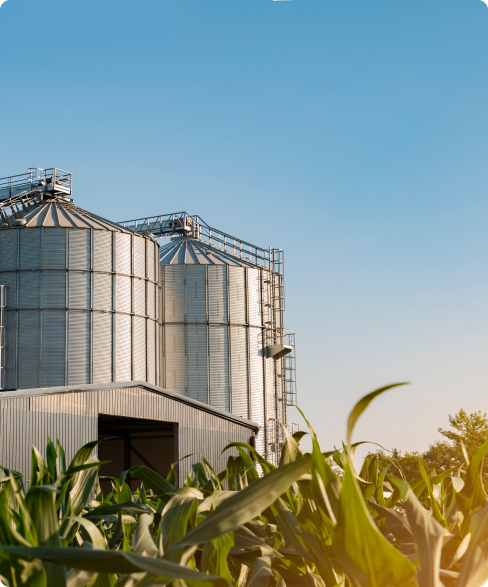
HBO ran a segment on Last Week Tonight with John Oliver that took aim at U.S. corn growers and crop-based biofuels. In some circles, a hyper-cynical view of American agriculture has long held back climate progress, despite decades of science illustrating that biofuels are vital to reaching a net-zero economy. Those attitudes have been fueled by years of fossil fuel industry propaganda, aimed at undermining renewable fuels, and carried forward by anti-agriculture special interests that seek to undermine American farmers. That’s why it’s disappointing – but not surprising – to see John Oliver fall prey to some of history’s least credible claims about the environmental benefits of biofuels.
A few data points that rebut the claims from this episode of Last Week Tonight:
- Bioethanol is good for our climate: Contrary to the show’s wildly off-base claim about ethanol’s carbon footprint, research from the U.S. Department of Energy’s Argonne National Lab, the U.S. Department of Agriculture, Environmental Health and Engineering and other institutions have all concluded that today’s ethanol reduces greenhouse gas emissions by nearly 50 percent compared to gasoline. These calculations account for the full lifecycle of corn, including land use. Moreover, our government’s own top climate scientists have directly rebutted the “study” cited on the show to support false claims that ethanol is bad for the environment.
- Bioethanol protects clean water: Ethanol is one of America’s best sources of clean energy with regard to water use. In fact, the water required to produce ethanol fell almost 50 percent since the early 2000s. Today, production only requires 2.7 gallons of water per gallon of ethanol – compared to 13 gallons of water to produce one gallon of gasoline. At the same time, technological advances have dramatically reduced and are expected to continue reducing the amount of water used for corn production. And, unlike in oil production, most of that water is returned to the atmosphere as steam.
- Bioethanol is good for food supplies: When a corn kernel’s starch is fermented to make bioethanol, the valuable protein, minerals, vitamins, and fiber are all injected back into the food chain. In fact, every bushel of corn produces 2.9 gallons of ethanol as well as 17 pounds of nutrient-rich animal feed. Even more of the biomass is converted into food-grade CO2, which is captured and needed to carbonate beverages and refrigerate meat products. Not only does this animal feed represent an efficient and affordable source of nutrition, research shows it can even help reduce methane emissions generated during digestion by cows and other animals. From a climate perspective, that’s a win-win.
- Bioethanol supports efficient use of land: Research has demonstrated that corn ethanol has not increased crop acreage—in fact, corn acreage has been largely unchanged since the 1930s. And yet, in that time, we’ve been able to feed more people and fuel more vehicles using the same amount of land due to enormous increases in crop yield. In addition, biofuel production provides the single most effective vehicle for incentivizing climate-smart agricultural practices, such as no-till farming and cover crops, which increase the amount of organic carbon stored in soil and prevent the release of atmospheric CO2.
Even though these myths from John Oliver have already been debunked, Growth Energy will always respond to them with the truth—bioethanol produced from corn continues to be one of the most environmentally sound fuels available, from field to tailpipe.